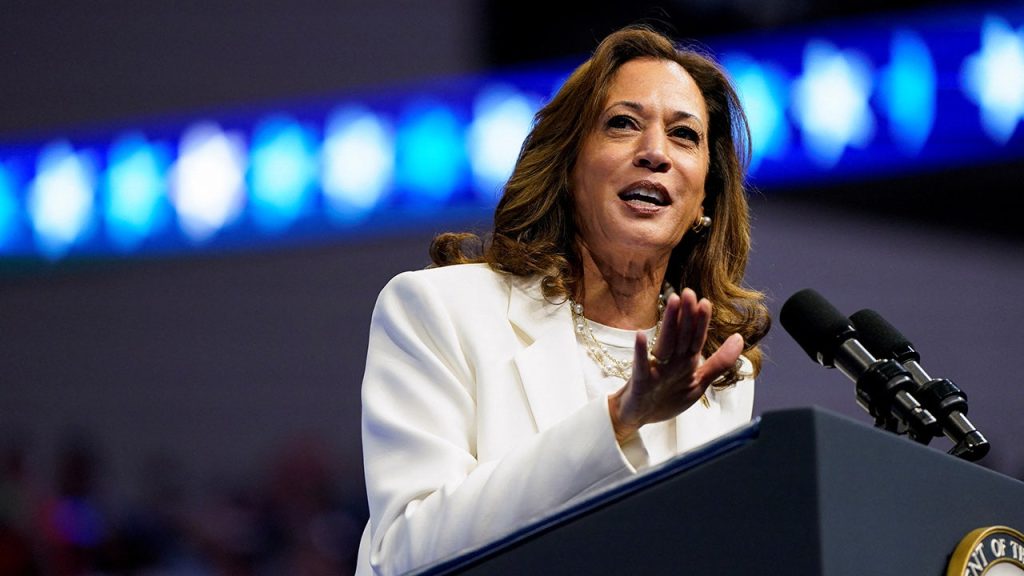Vice President Kamala Harris’ campaign is making efforts to reach out to Republican voters through paid media and grassroots-driven digital efforts. The campaign has garnered support from Republicans and former Republicans such as former Rep. Liz Cheney, former Rep. Adam Kinzinger, and Jimmy McCain, among others. The campaign aims to appeal to Republican voters who prioritize issues like patriotism, freedom, and the Constitution. The campaign also highlights the bipartisan support Harris has received, including endorsements from Republican speakers at the Democratic National Convention and the launch of a “Republicans for Harris” program featuring endorsements from former GOP officials.
The Harris campaign has also hired a “National Republican Engagement Director” to further outreach to Independents and moderate Republicans. The campaign has spent more than 7-figures on communicating with these voters. However, the Trump campaign has criticized the claims of “Republican momentum” by the Harris campaign, citing endorsements from influential former Democrats like RFK Jr. and Tulsi Gabbard for Trump. The Trump campaign’s national press secretary, Karoline Leavitt, dismissed Harris as a “radical Marxist, weak-on-crime, open border, high tax” candidate that conservatives would not support, in contrast to the bipartisan appeal Harris is attempting to build.
Former President Donald Trump recently received endorsements from former Democrat Robert F. Kennedy Jr. and former Democrat Rep. Tulsi Gabbard. They officially joined the Trump transition team, expanding Trump’s coalition of supporters “across partisan lines.” The addition of these former Democrats to Trump’s team highlights his ability to attract diverse support. The move counters Harris’ efforts to reach out to Republicans and highlight bipartisan endorsements. The Trump campaign’s recruitment of RFK Jr. and Gabbard showcases a strategy to broaden support beyond traditional partisan lines.
The Harris campaign’s endorsements from Republicans and former Republicans like Cheney, Kinzinger, and McCain, as well as their outreach efforts to Republican voters, signal a strategy to attract a more diverse base of support. The campaign’s emphasis on issues like patriotism, freedom, and the Constitution aims to appeal to Republican voters who may be dissatisfied with the current political landscape. The Trump campaign’s pushback against the Harris campaign’s claims of “Republican momentum” underscores the competitive nature of the upcoming election and the efforts of both campaigns to secure support across party lines.
The Trump campaign’s response to the Harris campaign’s outreach efforts highlights the challenges of building bipartisan support in a polarized political environment. The endorsements from RFK Jr. and Gabbard demonstrate Trump’s ability to attract support from unexpected quarters, potentially reshaping the political landscape. As the 2024 election approaches, both campaigns are engaged in active outreach to secure support from across the political spectrum. The dynamics of the campaign, including endorsements, messaging, and outreach strategies, will play a crucial role in shaping the outcome of the election and the future of American politics.


